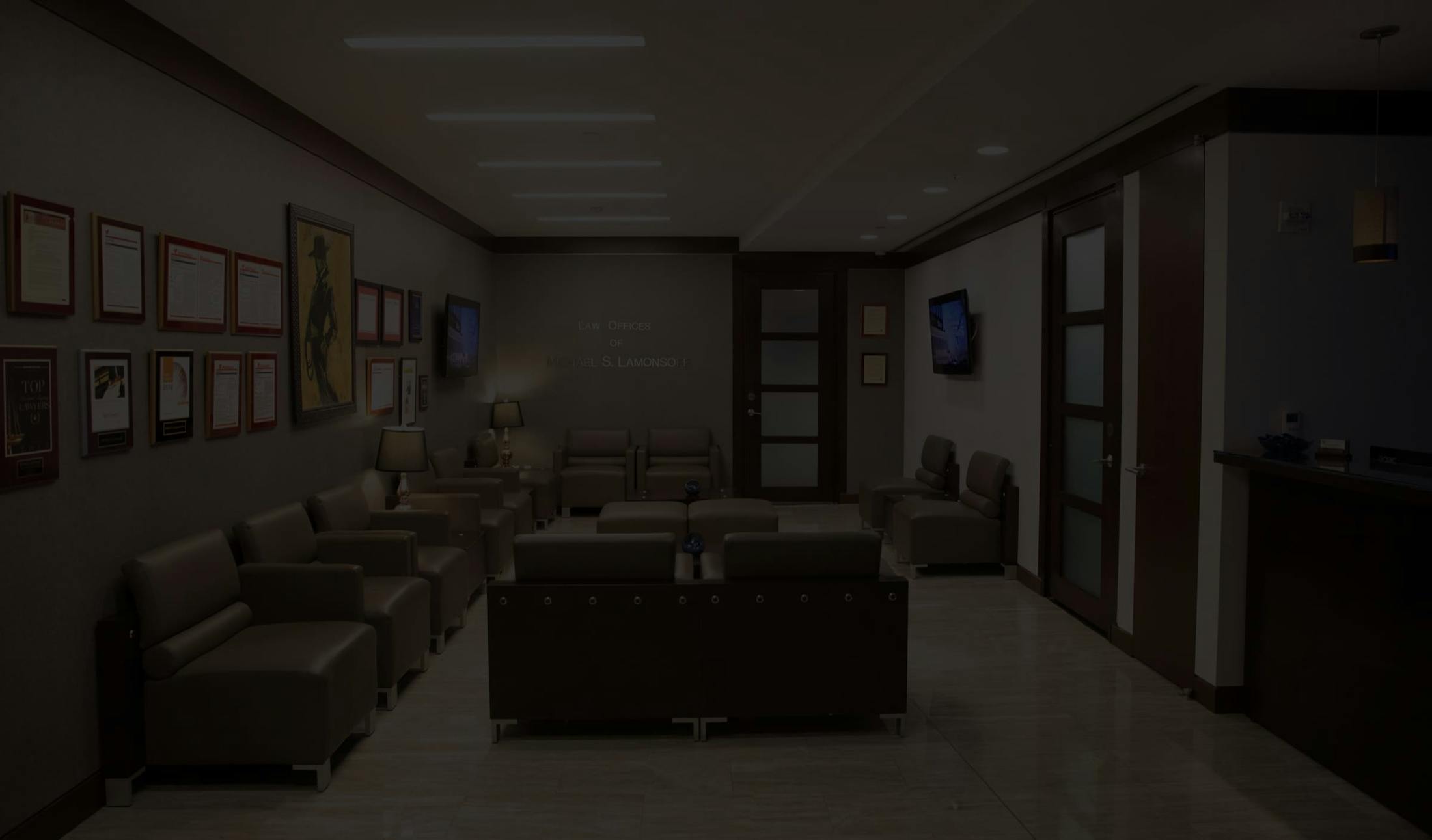If you have been injured as a result of hospital negligence, you have the right to hold the hospital accountable and recover damages from them. At The Law Offices of Michael S. Lamonsoff, we have dedicated hospital negligence lawyers who can be your voice and champion your rights during this difficult time. We know how to uncover evidence of medical malpractice and negligence, how to hold medical professionals and hospitals accountable, and how to get the compensation you deserve.
Led by Michael S. Lamonsoff – who is known as ‘The Bull’ due to his aggressive and relentless approach towards personal injury representation – our personal injury lawyers in NYC are best equipped to handle complex hospital negligence cases and can help you get the monetary damages you are entitled to.
Call us today at 212-962-1020 or fill out our online contact form to schedule a free consultation with a highly-rated New York hospital negligence lawyer.





